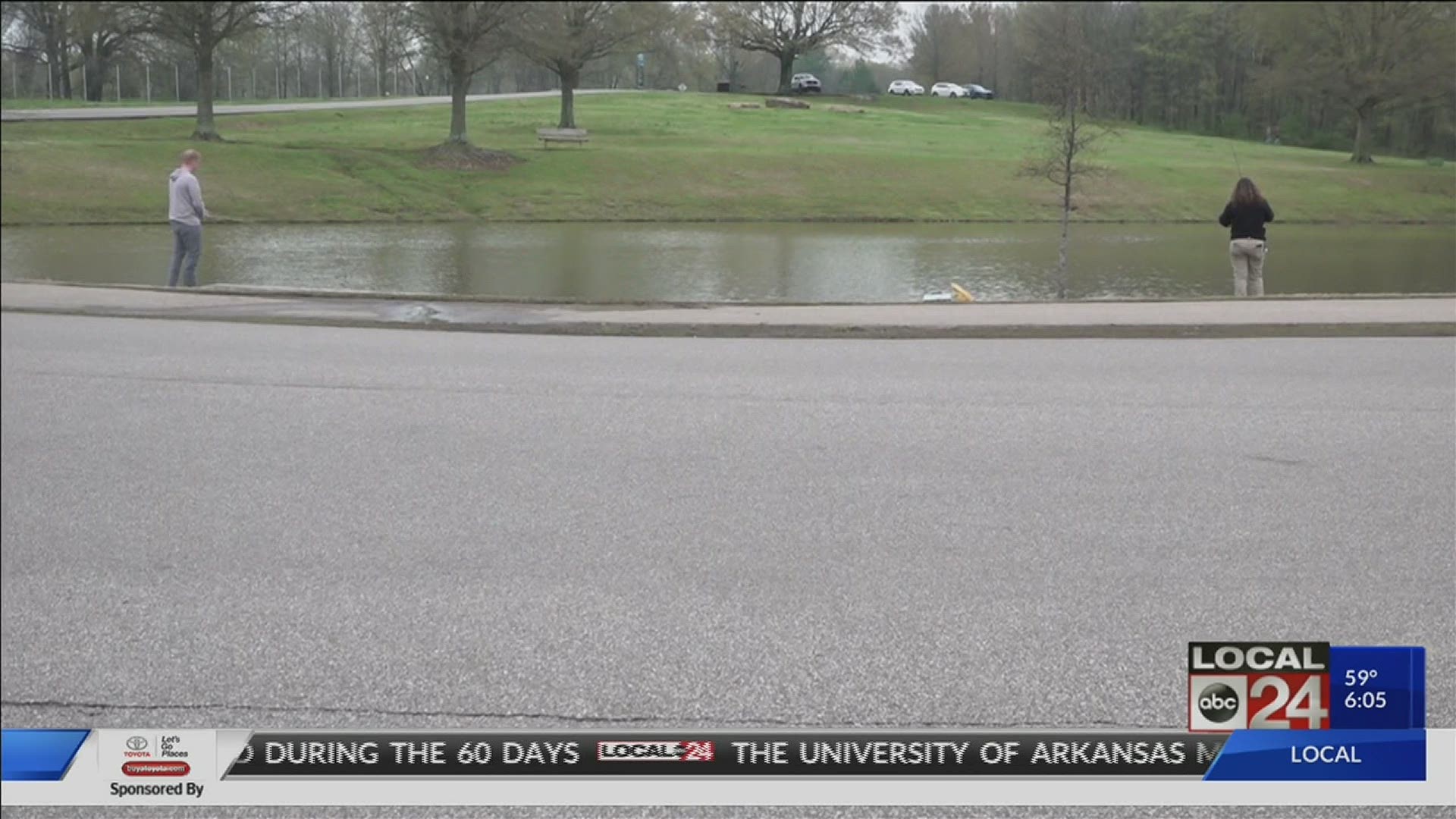MEMPHIS, Tennessee —
As people across the world practice social distancing, self quarantine, or even isolation, the concern for mental health rises. According to the Centers for Disease Control, one out of every six adults will experience depression in their lifetime. With depression, comes feelings of anxiety, fear, or worry, especially during this COVID-19 outbreak.
Local 24 News spoke with a psychiatrist who offered some tips on protecting your mental health.
"Often times when we're talking about dealing with boredom and depression, the worst thing you can do is isolate which is what we've been actually forced to do," said Dr. Otis Anderson III, a community psychiatrist and Bluff City Medical Society member.
"The good thing about it is we've actually been eased into it this time," Dr. Anderson said.
People all over are being eased into a routine that just weeks ago seemed unreal. People are working from home and millions are practicing social distancing.
Dr. Anderson said, "You can see that there is anxiety building up. Am I going to be able to continue to work? How am I going to feed my family?"
Not all hope is lost. There are ways to get through these tough times while taking care of your mental health.
"The biggest thing is to maintain some level of a schedule," said Dr. Anderson.
Setting plans gives people something to look forward to accomplishing.
Dr. Anderson teaches the "3-5-7 Method."
"Have three things you want to accomplish that day, five things you want to get accomplished that week, and seven things you want to get accomplished in a month," said Dr. Anderson. "It can be something as simple as I want to get up and get dressed for work even though I'm working from home."
Plus, there is social media.
RELATED: Shelby County Health Department provides new details as local coronavirus cases continues to grow
"The beauty of living in a time such as now is that we do have social media to formulate and continue social contacts," said Dr. Anderson.
Mental health providers are also making an adjustment themselves. Some have moved to virtual sessions with patients. Dr. Anderson and his wife hosts a Facebook Live every week to talk about mental health.

